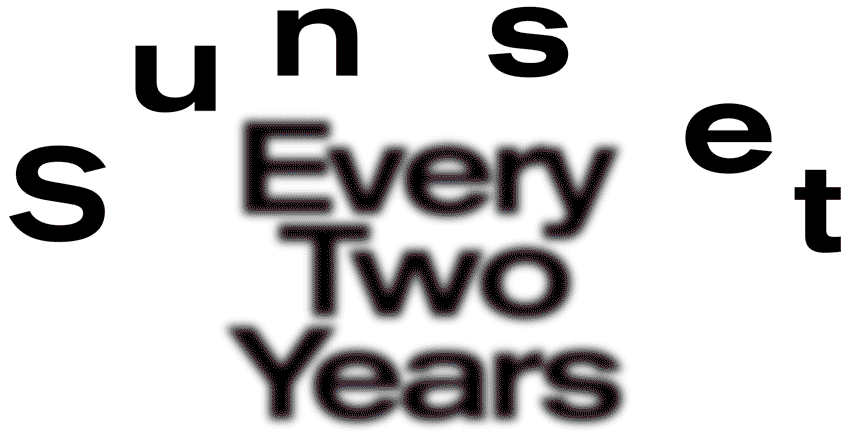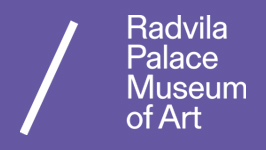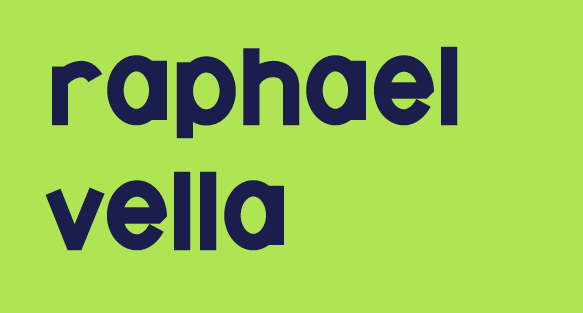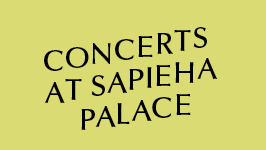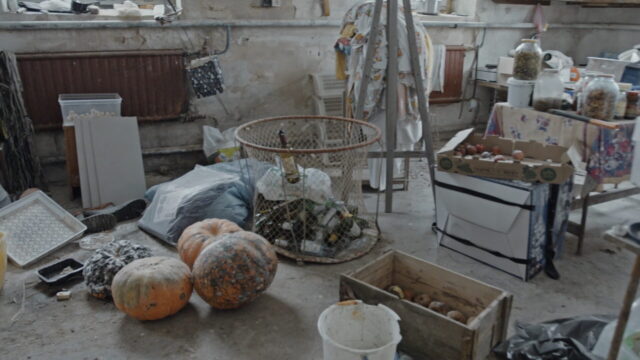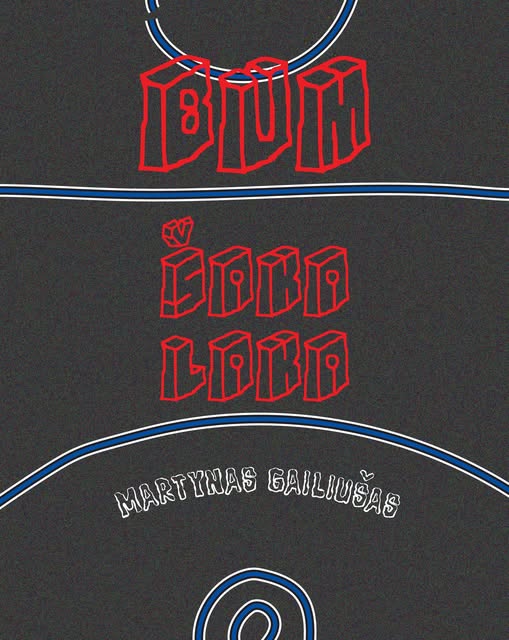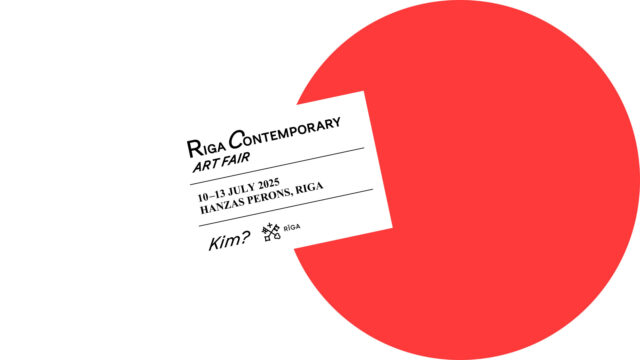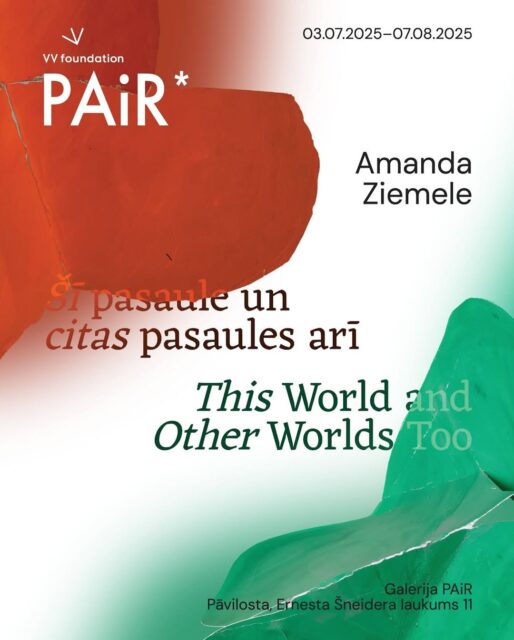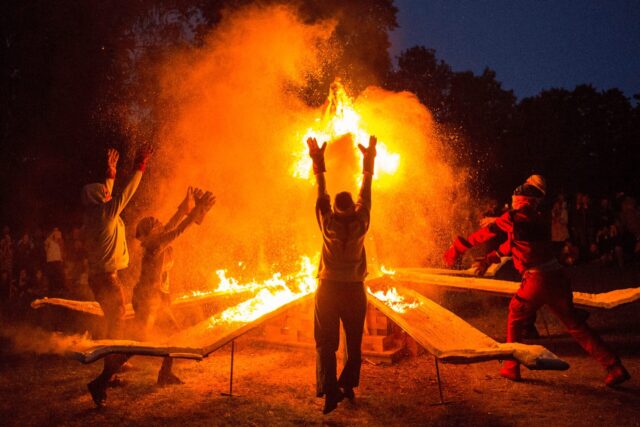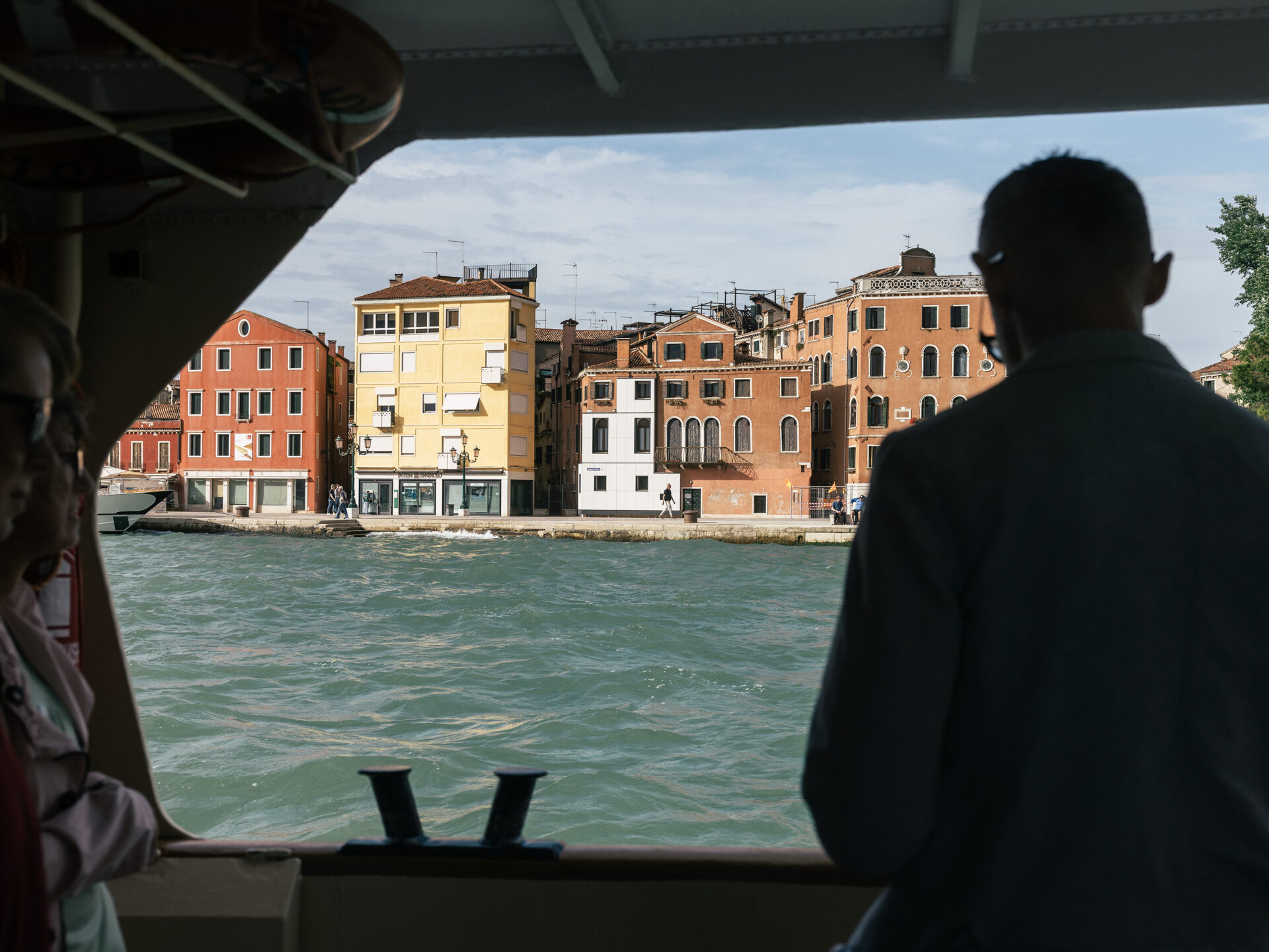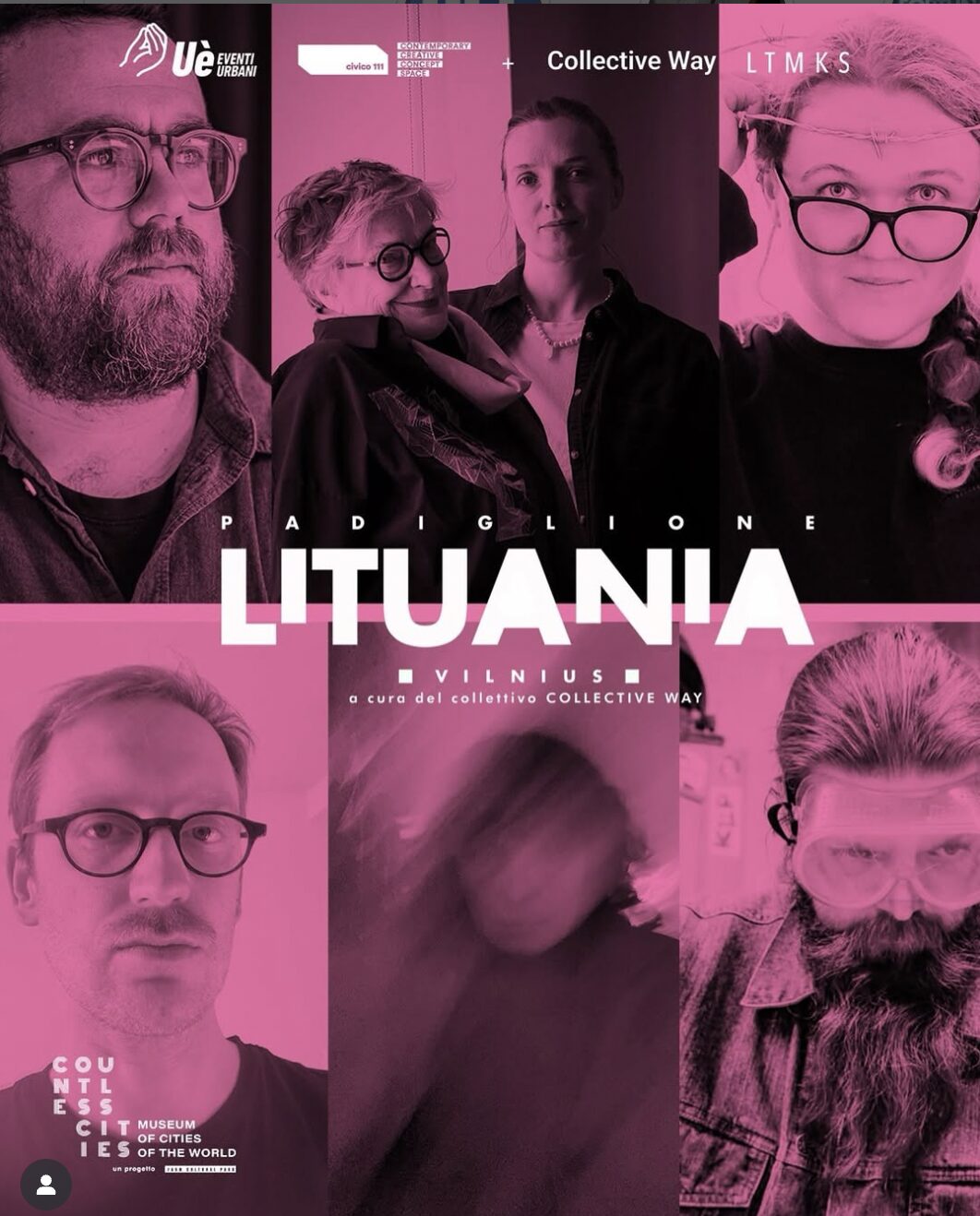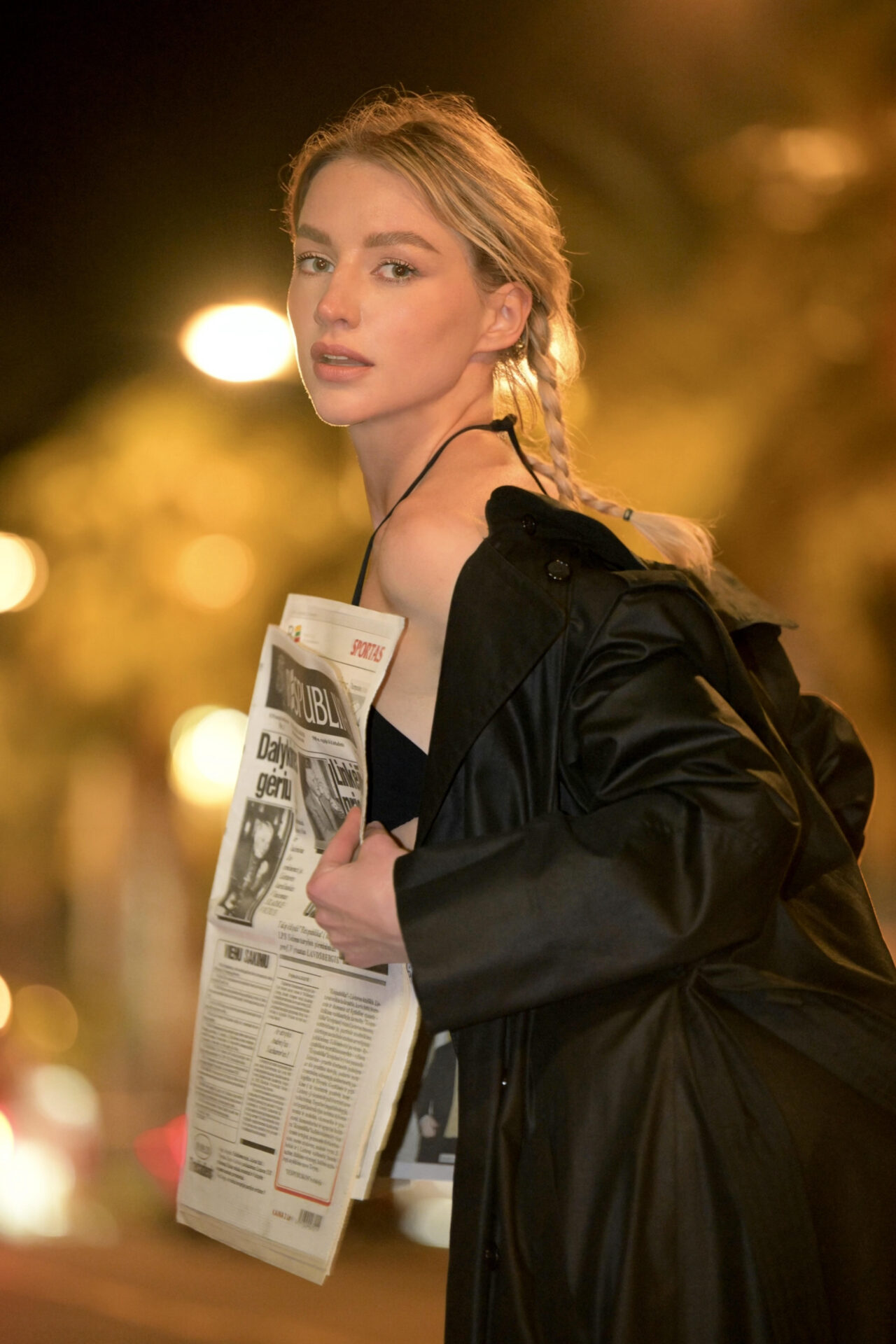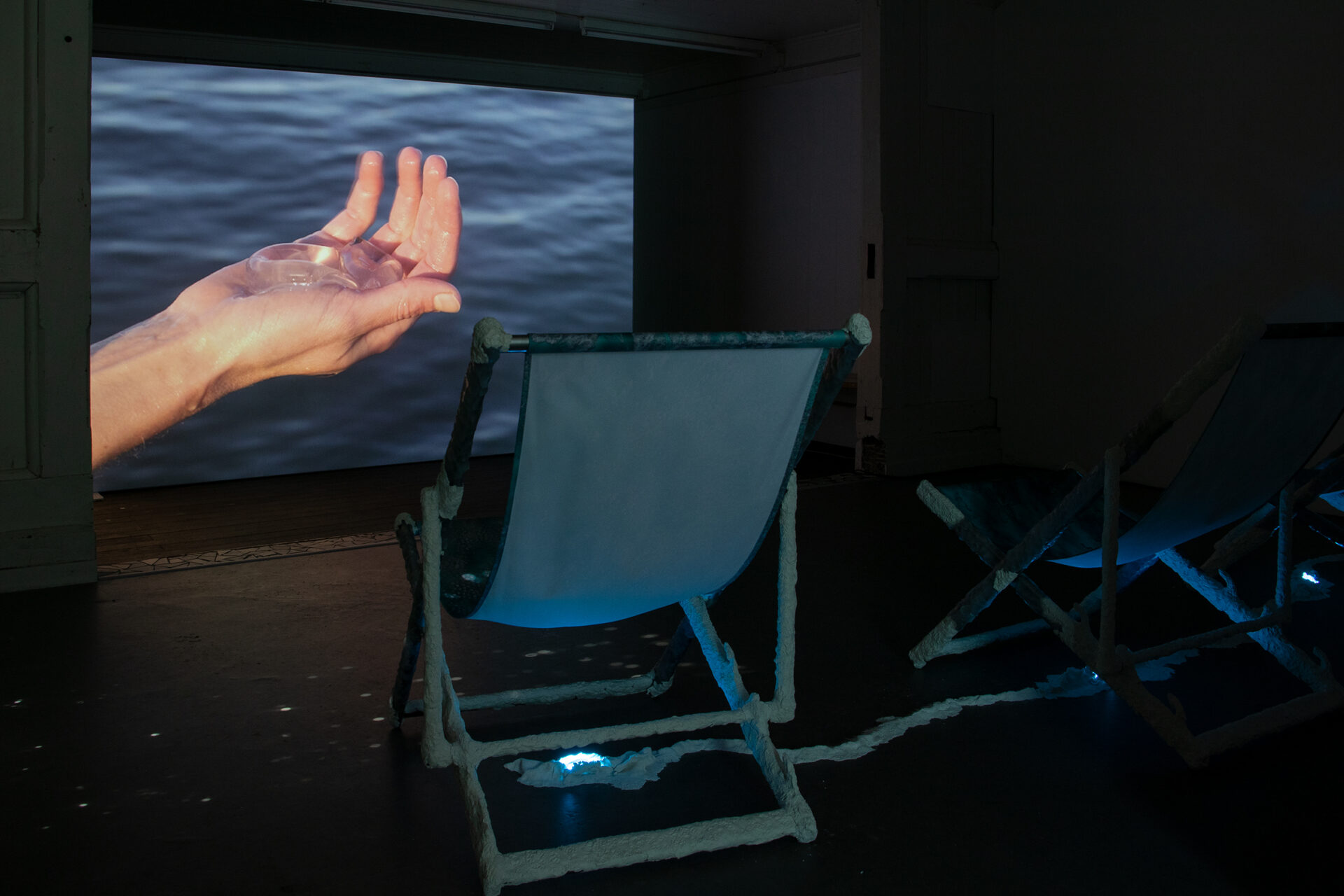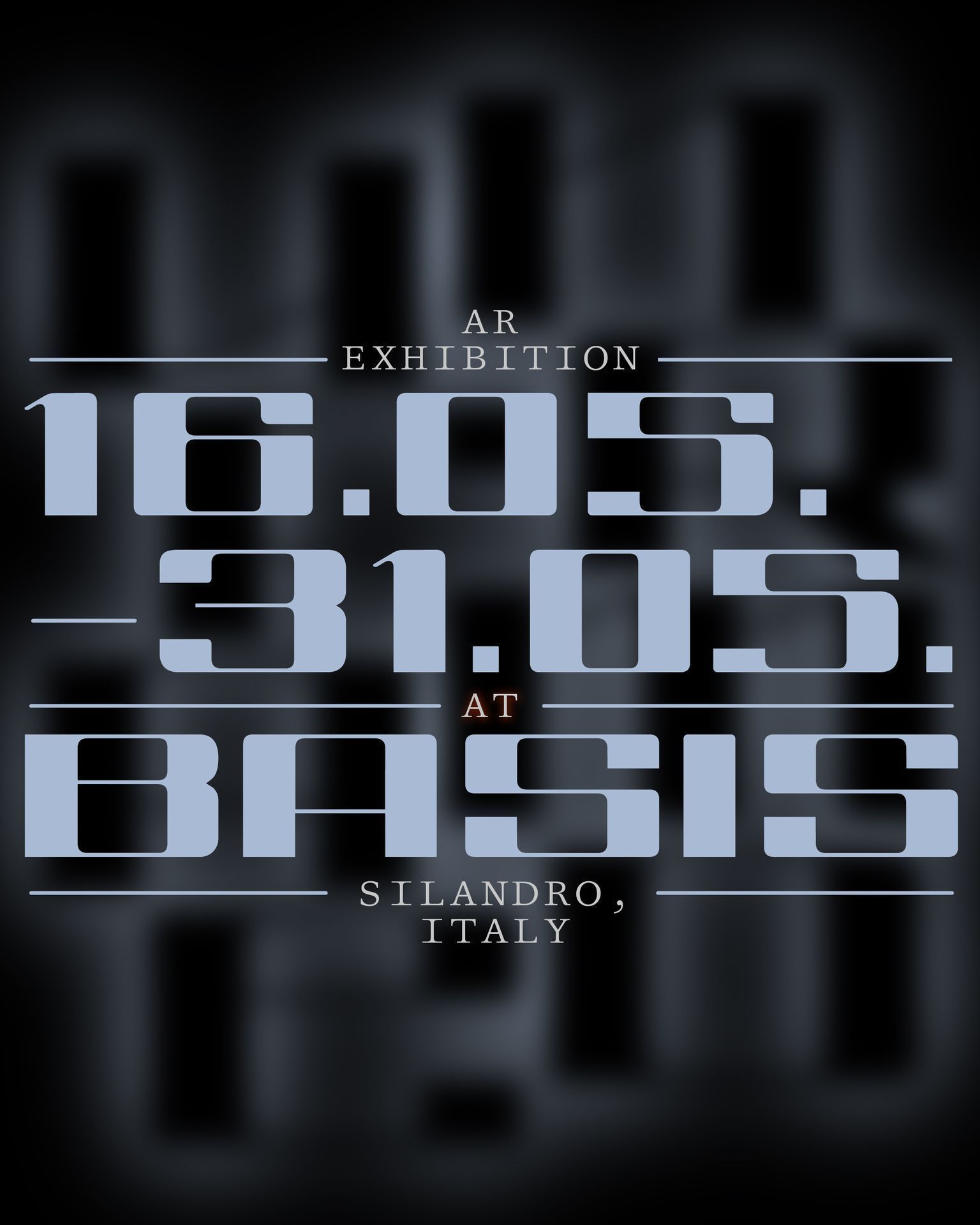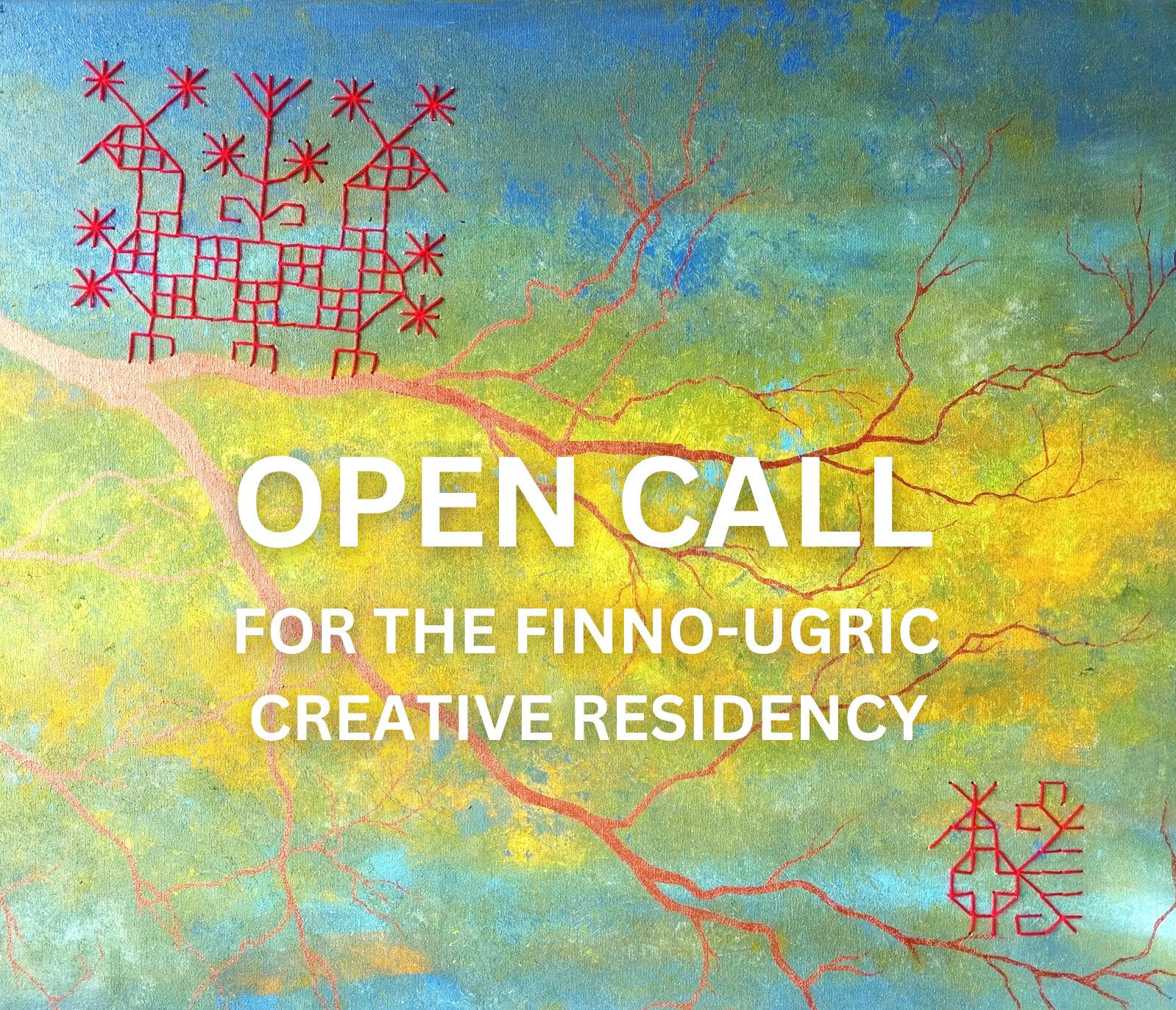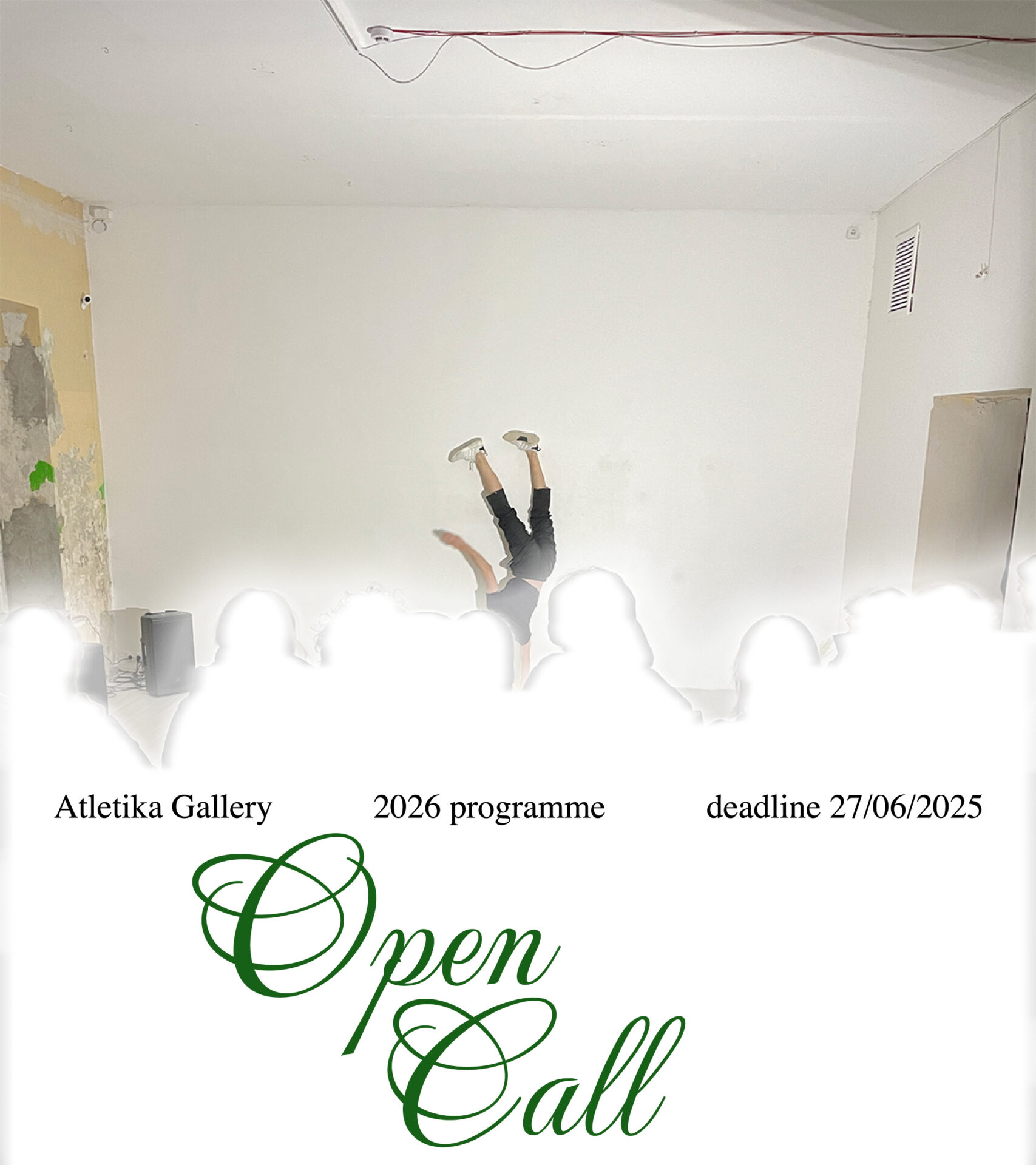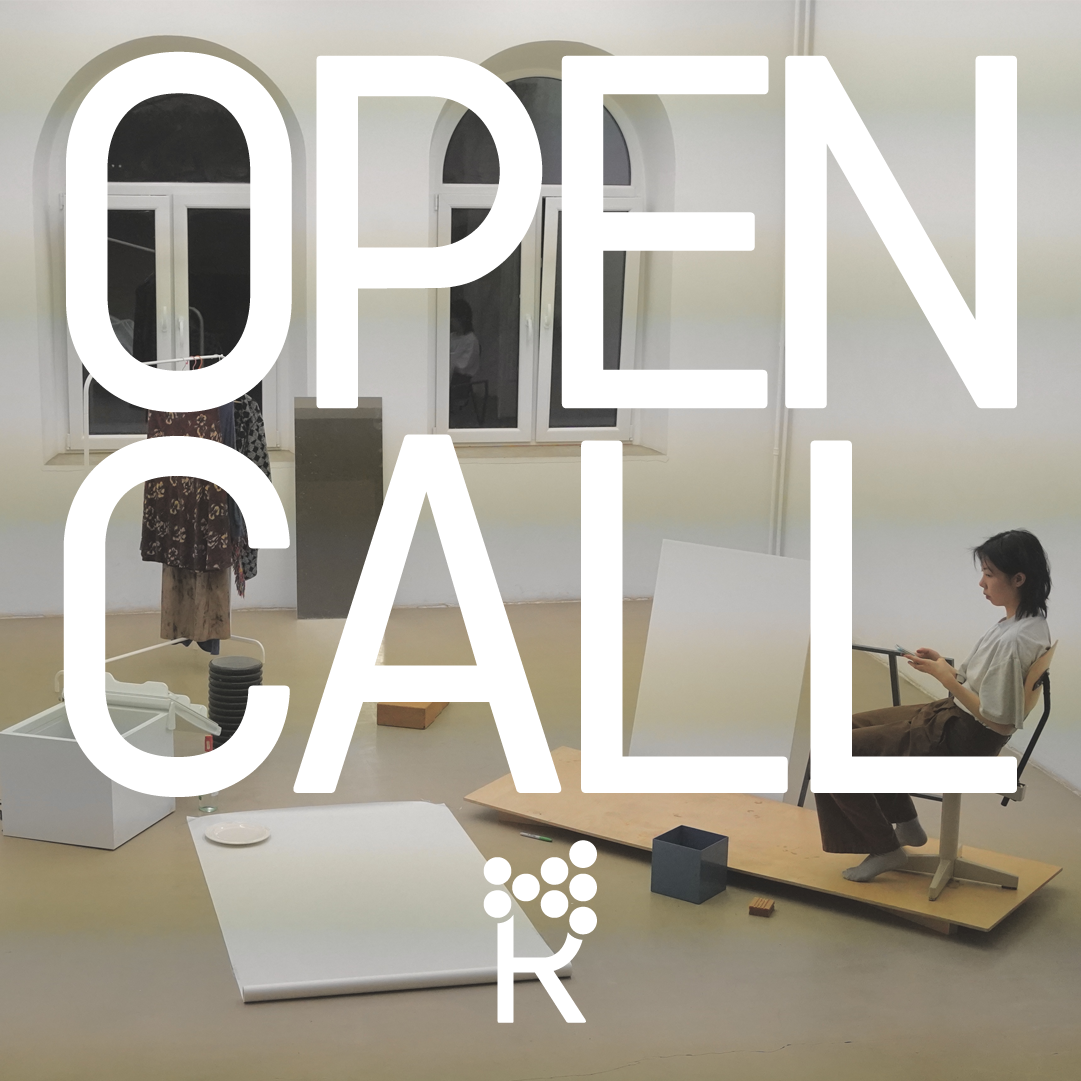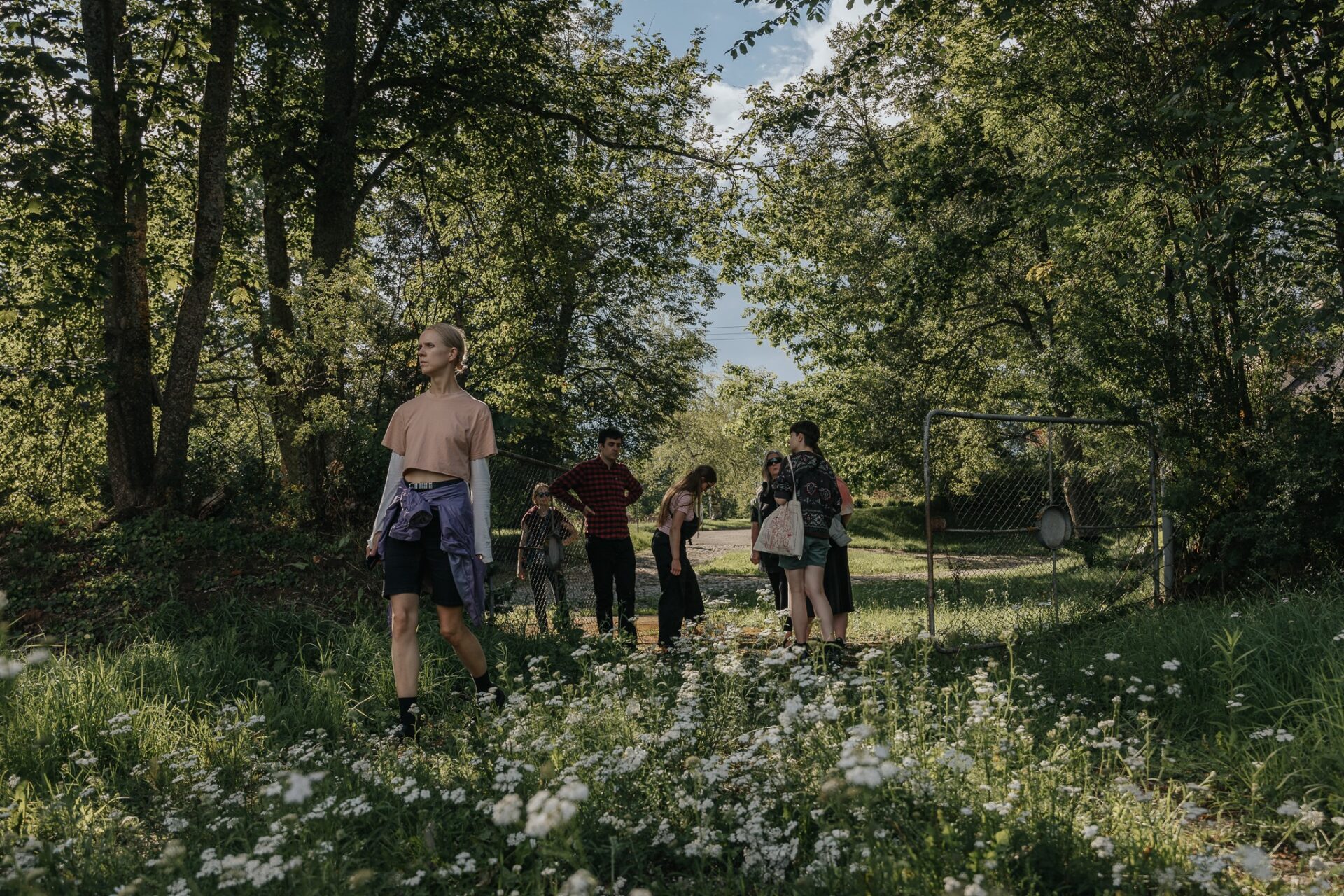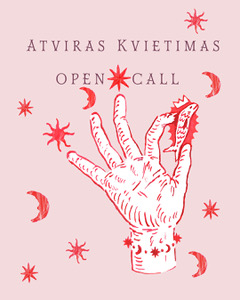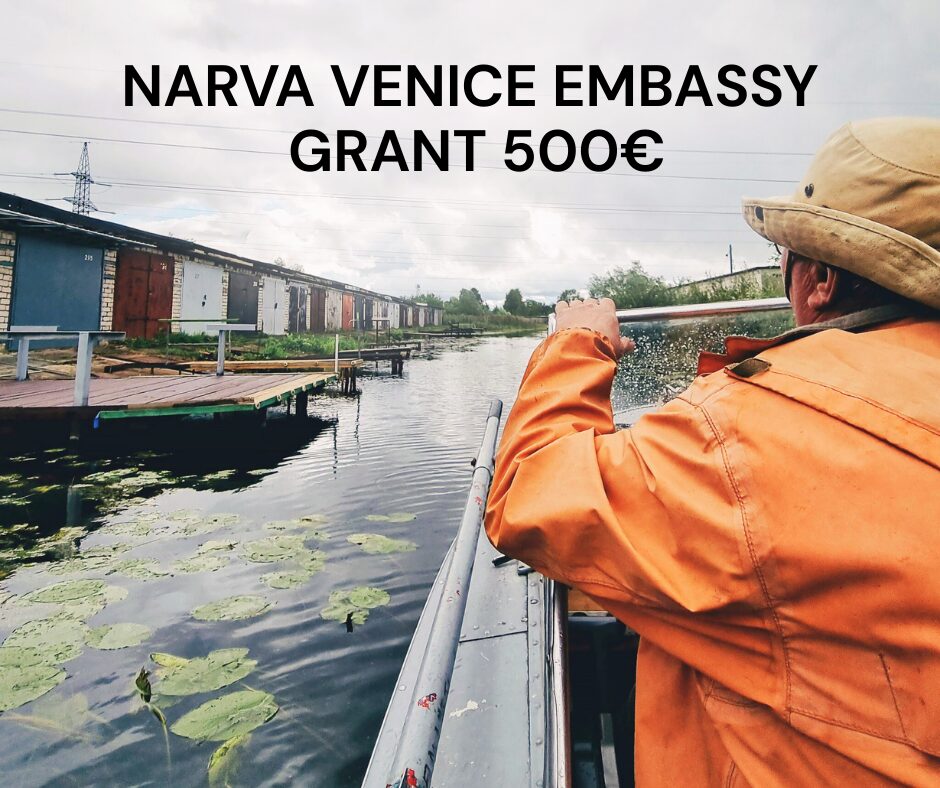 VIRTUALITIES AND REALITIES is the theme of this year’s RIXC Art Science festival in Riga, Latvia, that aims to establish a space for artistic interventions and conversations about the complex implications of immersive technologies.
VIRTUALITIES AND REALITIES is the theme of this year’s RIXC Art Science festival in Riga, Latvia, that aims to establish a space for artistic interventions and conversations about the complex implications of immersive technologies.
RIXC Festival is internationally renowned gathering for artists and scholars working at the intersection of arts, digital humanities and science. This year’s festival programme features Public Keynotes, the 2nd Open Fields Conference, Exhibitions, Performances and AR/VR Showcases.
The main festival events will take place from October 19–21, 2017, on the main axes of in Riga’s art venues – the Conference will take place in the Art Academy of Latvia, and the Latvian National Museum of Art, while the exhibitions – in kim? Contemporary Art Centre and RIXC Gallery spaces.
KEYNOTE SPEAKERS
Monika FLEISCHMANN & Wolfgang STRAUSS / research artists & scientists, DE
Ellen PEARLMAN / Parsons / New School / Art-A-Hack / ThoughtWorks / New York, USA
Chris SALTER / Concordia University, CA
David ROTHENBERG / New Jersey Institute of Technology / USA
VIRTUALITIES AND REALITIES
Immersive technologies coupled with superior virtual environments, artificial intelligence algorithms, faster processors, and biometrics are launching a new era in virtual experiences, entertainment and story-telling. At the same time these technologies have the potential for reinforcing stereotypes, contributing to massive economic and social disruptions, and implementing new systems of invasive monitoring and control. What do these new developments in VR/AR mean for education, entertainment, social policy, and systems of codified knowledge? Like their predecessors the telephone, television, and mobile phone, what are the impending new vistas and reduced horizons?
Biometrics and the uploading and tracking of personal data spans areas from healthcare to advertising, with implications for law, criminal justice, entertainment (gaming), education and sports. Machine learning and algorithms are harvesting and making use of big data in new and startling ways. Some of it allows pinpoint accuracy in determining issues of public health, economics, climate change, story-telling, political leanings and the migration of populations. What does all this data combined with new technologies mean? What are some current and future artistic strategies that deal with this? Combined with the acceleration of VR/AR and technologies of immersion, how will societies react?
Taking place in the framework of RISK CHANGE EU Creative Europe’s project, various festival events will explore relations between “virtualities” and “realities” in our post-media society. The Open Fields conference will discuss the socio-cultural and neurobiological impacts of virtual and augmented reality, and other immersive technologies. The conference participants will also look at the places and movements from a socio-political perspective, the mapping and charting of migrating cultures particularly people and their data traces.
The conference will be complemented by the festival exhibition that will explore the changing role of art in society, its transformative potential, and its relations to the sciences, especially focusing on neomateriality, new aesthetics and other critical qualities of the post-digital.
More information: http://rixc.org/en/home___/0/coming-soon-rixc-art-science-festival-2017/

